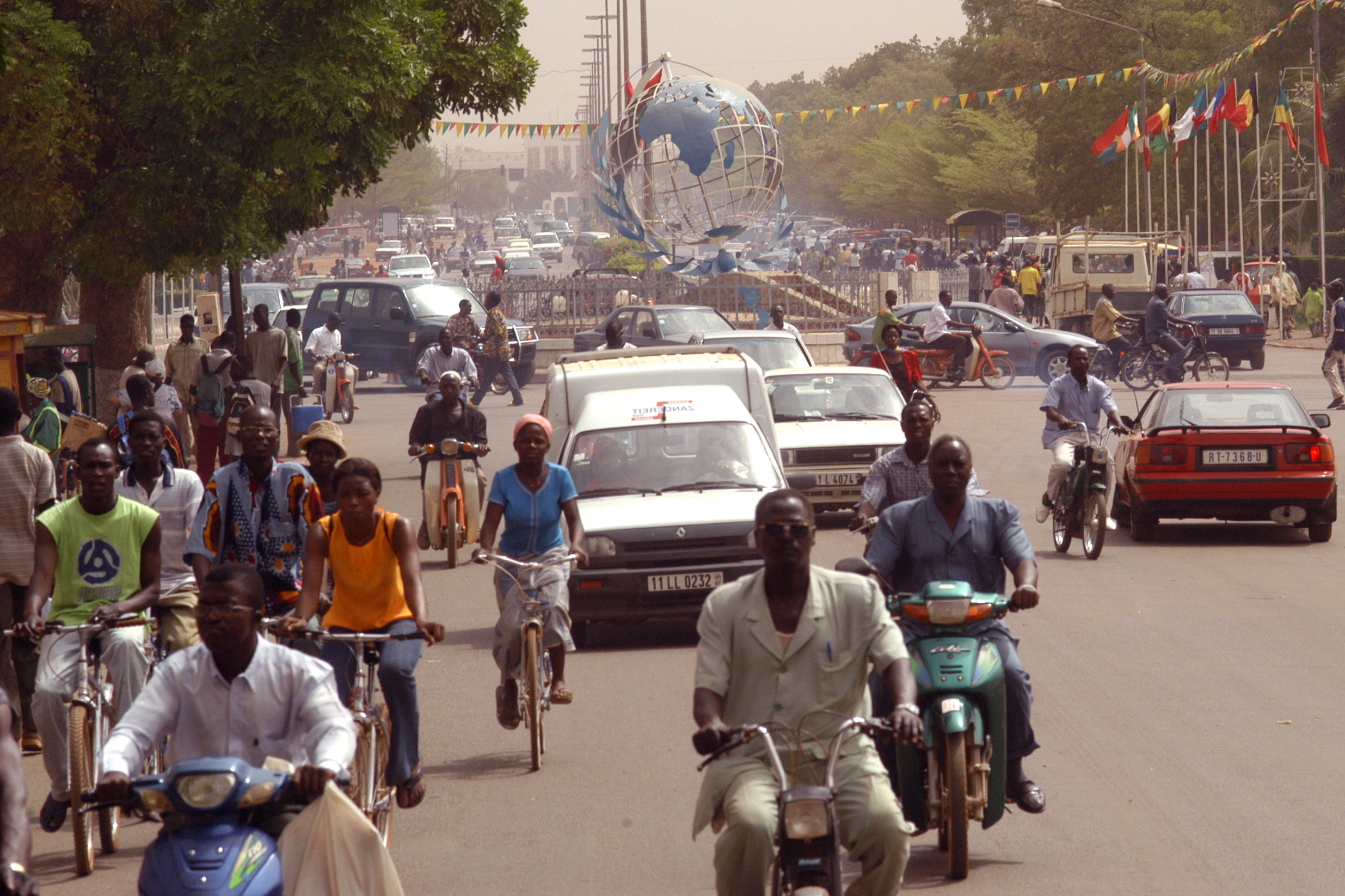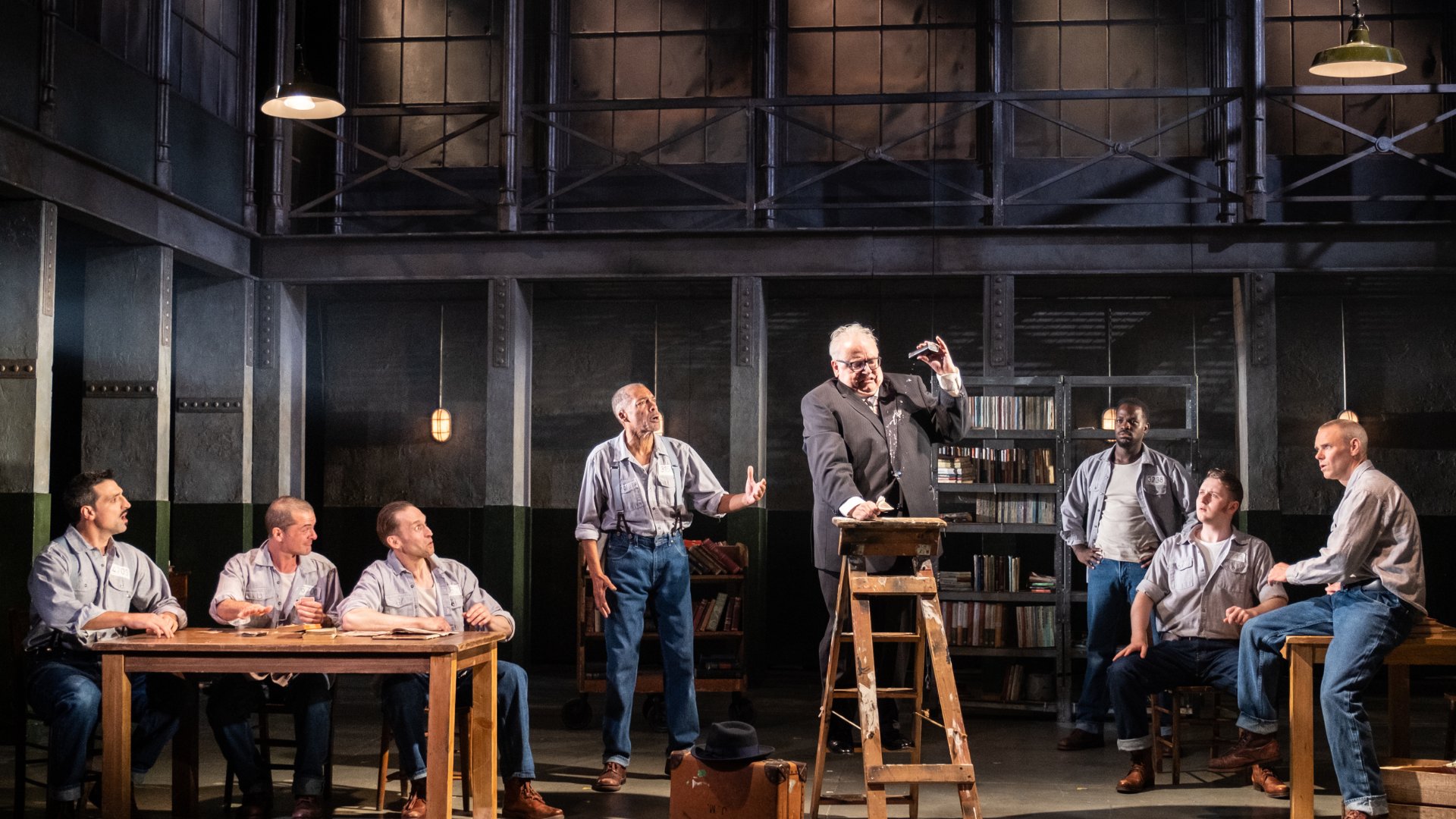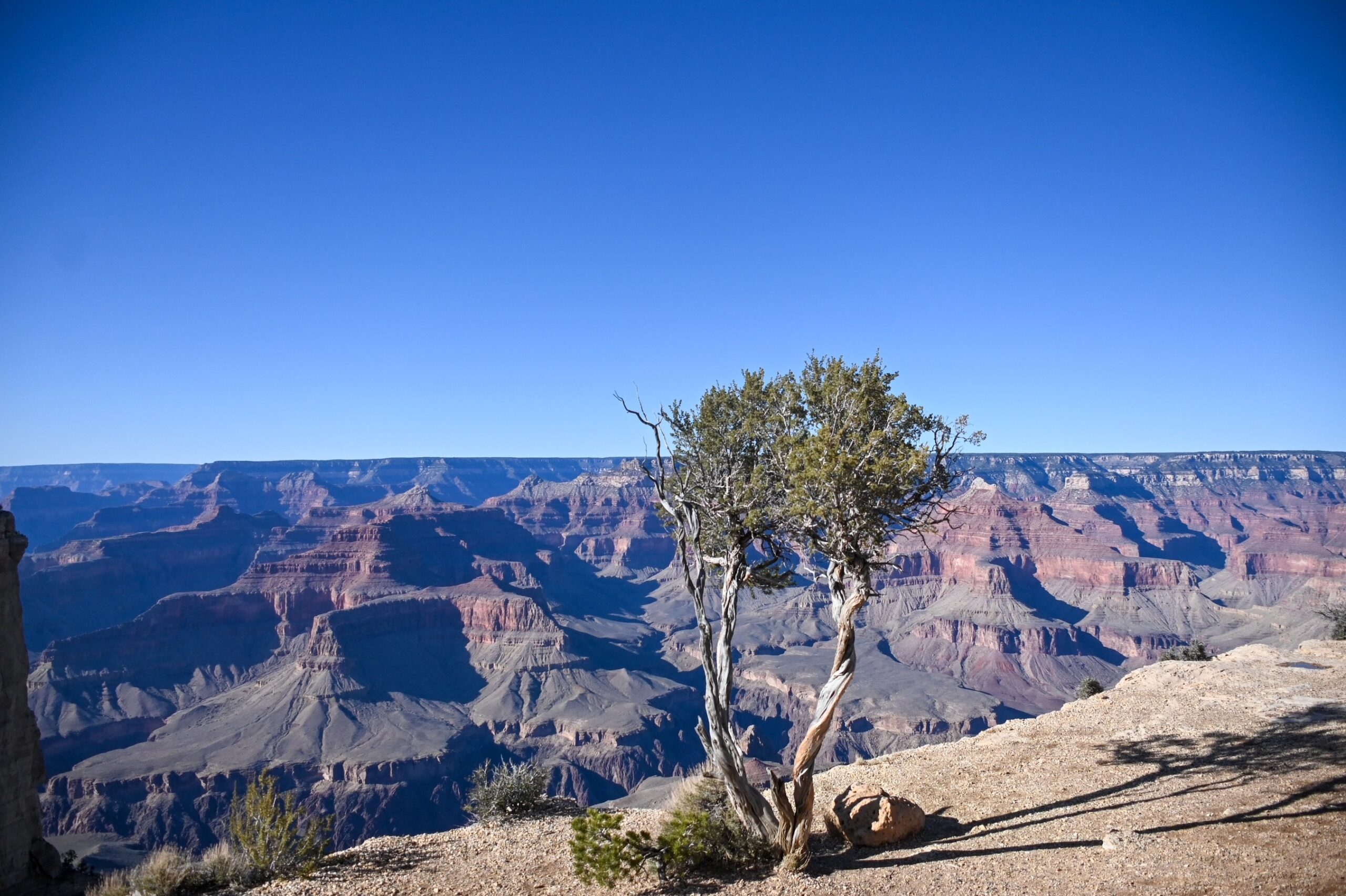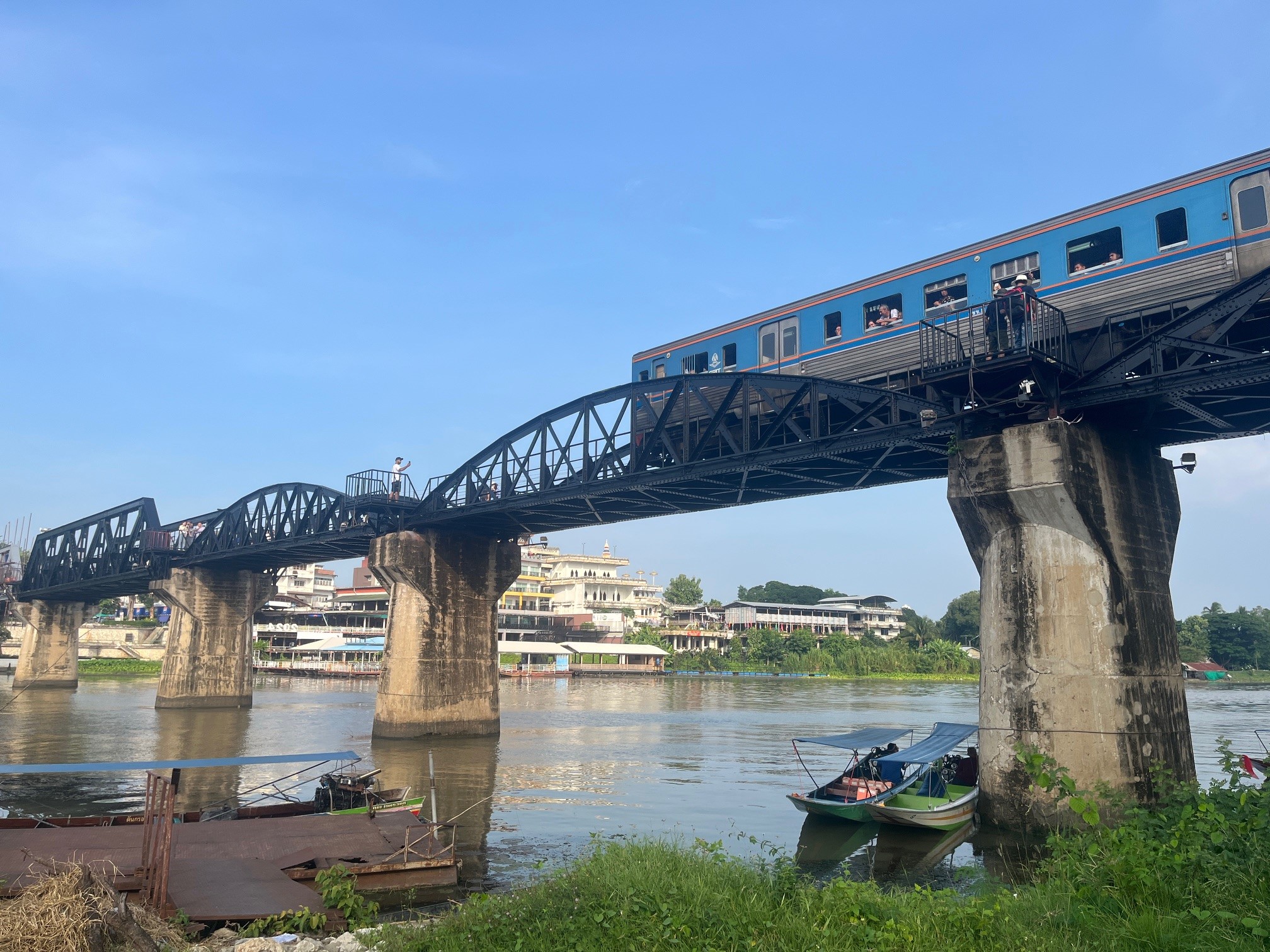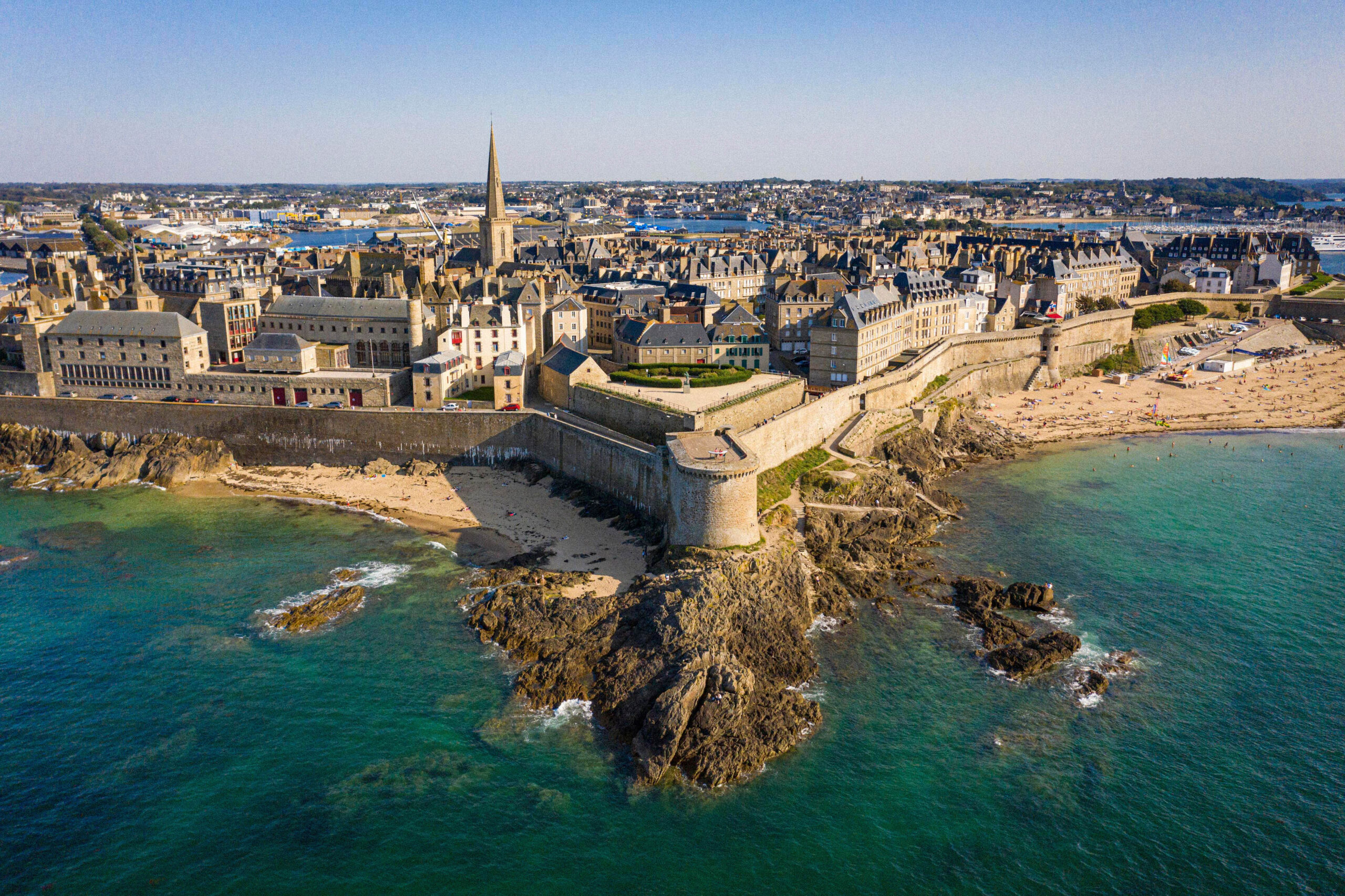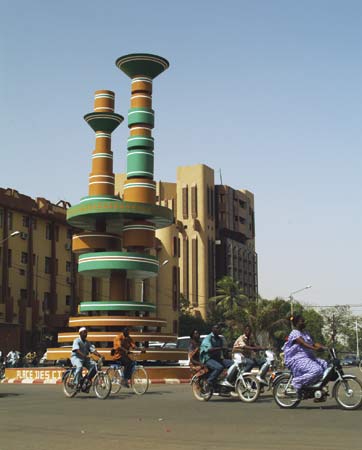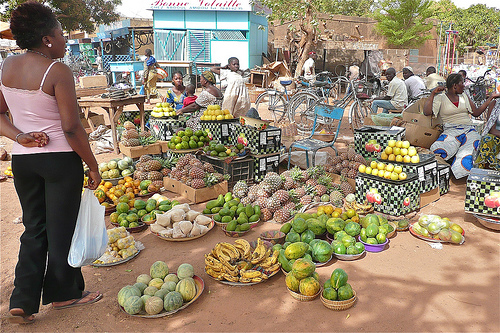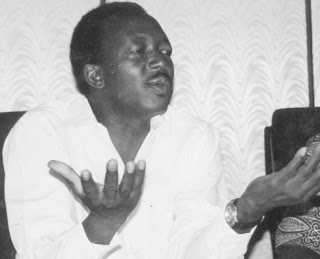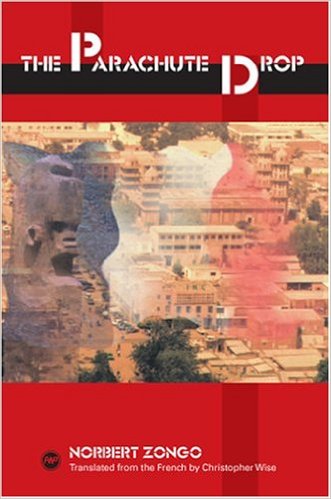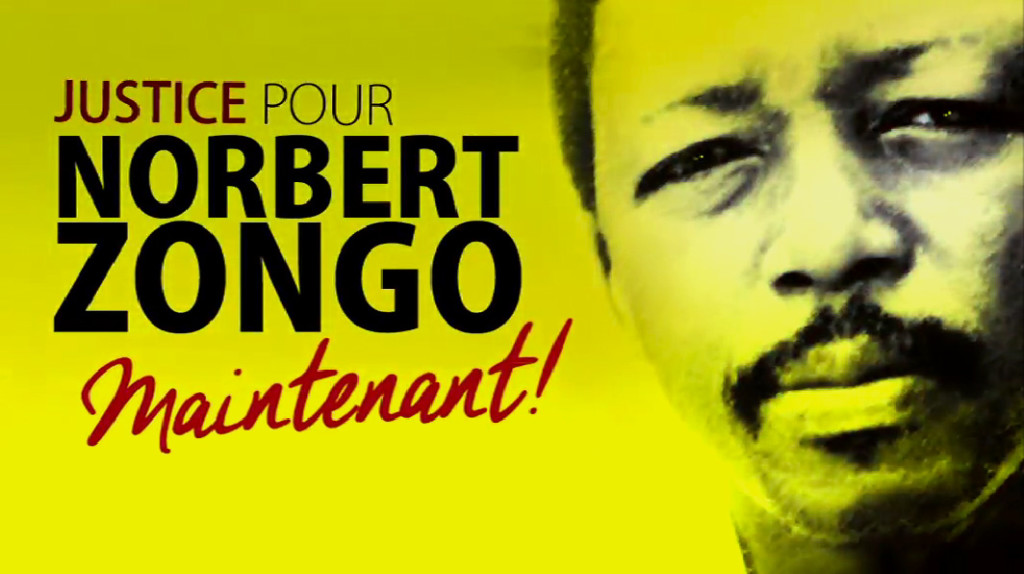Who knows Burkina Faso? Not many people. Who knows Ouagadougou? The name might ring a bell, but maybe mainly because it was the funniest sounding name in the list of capital cities we had to learn at school.
Since more than ten years I travel about every year to the capital of « The Land of the Upright People ». So, you could ask me, what is there to see in Ouagadougou? I wouldn’t really know what to answer, at least if what you are looking for are traditional tourist attractions. There are a few typical markets, the Place des Cinéastes with the monument to the film makers – the city profiles itself as the « Cannes of Africa » – and a cathedral with an unfinished tower.
However, I have never been bored in Ouaga. The food is great, the Burkinabé are welcoming, charming and have a great sense of humor. After work, in the evening, there is plenty to choose from: music, movies, theater. During my last trip, after a first concert by « Négroïdes » at the Institut Français, my table neighbors recommended me a slam concert at Bar K. In an outdoor bar I was discovering, a group of four slammers named « Qu’on sonne et Voix ailes », sang their own poetry in quartets, duos or solos. I was astonished by the quality of the texts, their music and the acute observation of daily life in their writings.
The last songs were inspired by Burkina Faso’s recent history: Blaise Compaoré’s attempt to modify article 37 of the Constitution in order to run for yet another term, even after 27 years in the Presidency, the popular uprising in October 2014 which prevented that attempt and kicked him out of the country, the recent military coup that he is suspected to have masterminded from exile but which failed. The audience stood up to sing with the quartet, fists raised, proud of the peaceful revolution and transition.
Under the radar, without it being noticed beyond its borders, Burkina Faso seems to have achieved what few of its African neighbors – or even the countries of the « Arab Spring » – have managed: without spilling much blood and without spiraling into a civil war, get rid of a “providential man” who had become a dictator bending electoral and constitutional rules to its whim to reign for a never ending string of terms under the pretense of maintaining stability.
Burkina Faso can be proud. Journalist and author Norbert Zongo might be one of the best examples of this « Upright People ».
As an investigation journalist he was covering, despite strong intimidations, a murder committed in Blaise Compaoré’s circle. He will end up assassinated in 1998 by members of the presidential guard. « Borry Bana » a documentary in French, describes well this key event in Burkina Faso’s recent history and the wave of emotion this unpunished crime sparked in the country.
Today, next to the graffiti’s asking « Blaise, dégage ! (Blaise, get out!) », Ouagadougou’s walls are also demanding « Justice pour Norbert Zongo ». I have been able to buy in the street Zongo’s novel « The Parachute Drop (Le Parachutage) », something which would have been impossible before 2014. The book written in 1988 is almost prescient. The dictator of Watinbow, a fictive country which could be Burkina Faso or neighboring Togo where Zongo was a student, is expelled by a military coup. He has to flee in the bush. For a while he clings to his millions hidden in Switzerland, his mistresses and his whisky and hopes to come back in power from a neighboring country. But quite quickly he must abandon his hopes as he is caught in a trap. The fallen dictator becomes pathetic to the point of attracting some sympathy.
I was thinking about all of this the other night while walking back in Ouagadougou’s streets, on my own, safely, from the two concerts I had attended: Burkina Faso is a little known country but its recent history is quite impressive. Ouaga, a city where there is not much to visit, but where one is never bored. In short, a hidden gem.
And then, five days after I left the country, another Friday evening, terrorists attacked with automatic weapons the terrace of « Cappuccino » a café-restaurant where I often stop for lunch while in Ouaga. 30 deaths. Shocking to see the pictures of this street corner which I knew well disfigured by blind hatred. So, done with the carefree wanderings in the city, hopping from concert to movie? Gone the exception of a peaceful Burkina Faso? I hope not and I wish the Burkinabés musicians regrouped to respond to the attacks – among them the 4 slammers from « Qu’on sonne et Voix ailes » – are correct when they sing « Tu te trompes ! (You are wrong!) ».
